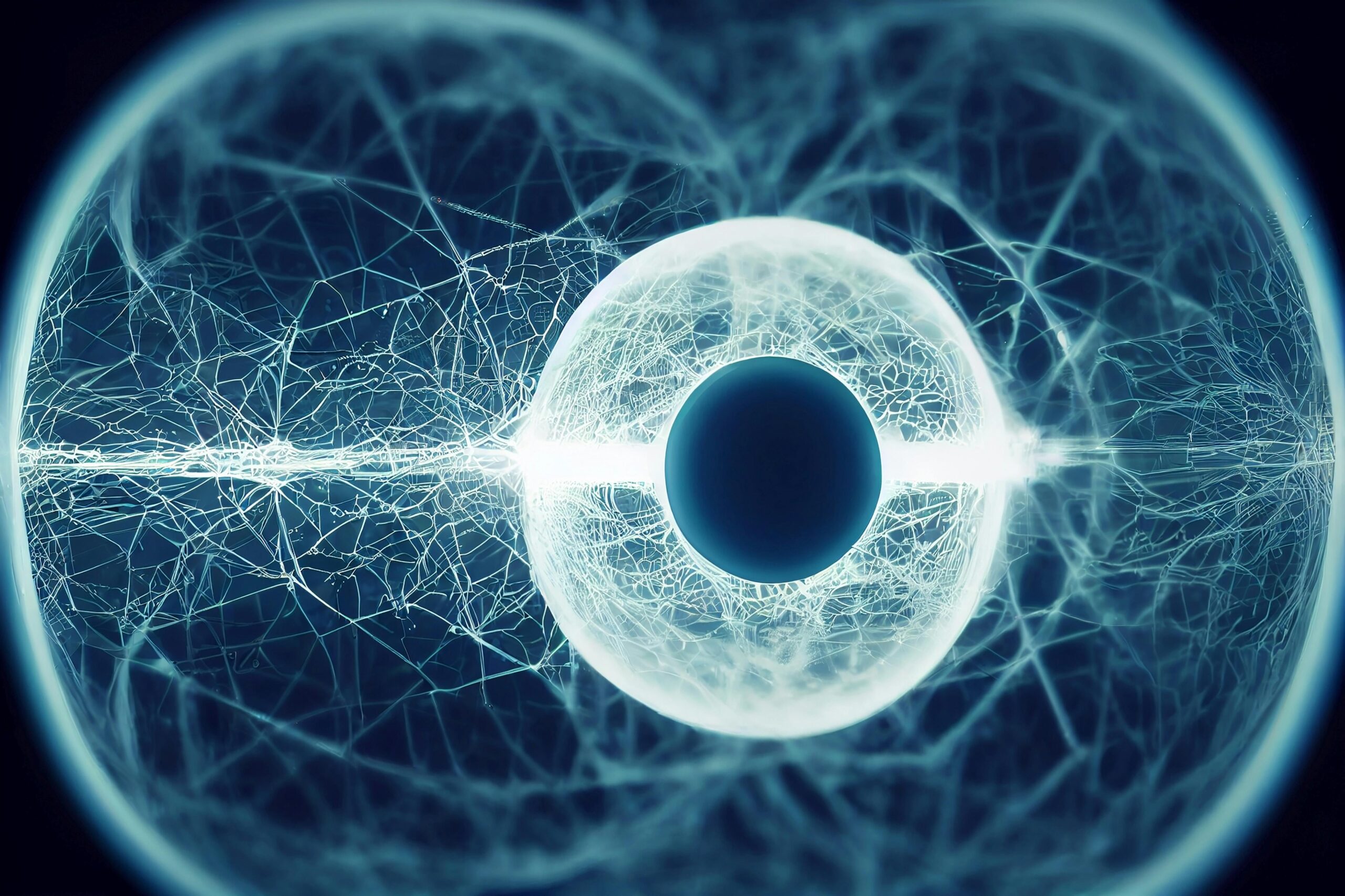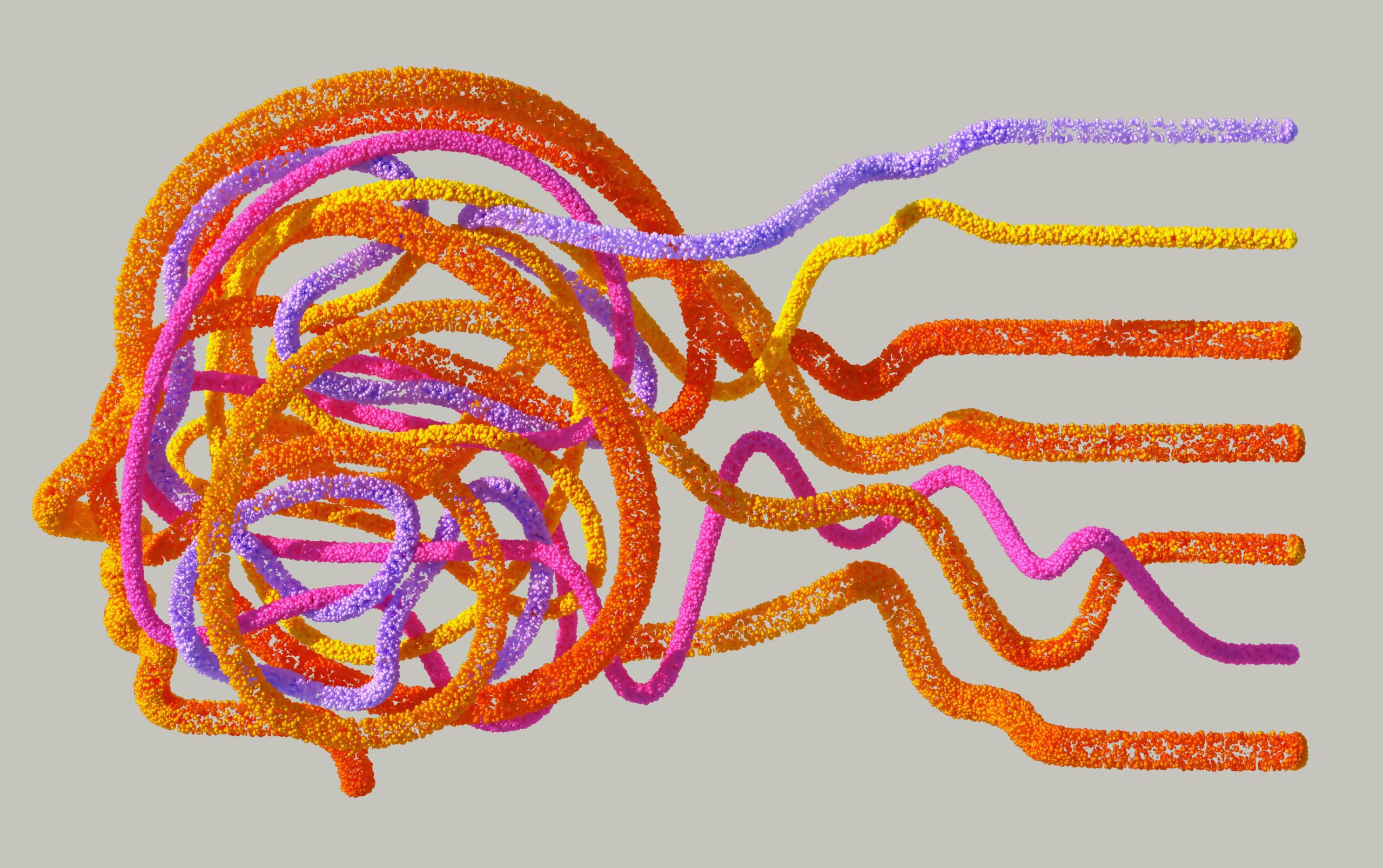The intersection of artificial intelligence and healthcare is creating unprecedented opportunities for medical professionals and patients alike. Neural networks are transforming how we diagnose diseases, develop treatments, and deliver personalized care across the globe.
Modern medicine stands at a crossroads where traditional practices meet cutting-edge technology. As healthcare systems worldwide struggle with increasing patient loads, rising costs, and the complexity of medical data, neural networks emerge as a powerful solution that promises to revolutionize every aspect of patient care and medical innovation.
🧠 Understanding Neural Networks in Healthcare Context
Neural networks are sophisticated computational systems inspired by the human brain’s biological neural networks. These artificial intelligence systems consist of interconnected nodes that process information in layers, learning patterns from vast amounts of data to make predictions and decisions with remarkable accuracy.
In healthcare applications, neural networks excel at identifying complex patterns in medical imaging, patient records, genetic information, and treatment outcomes. Unlike traditional computer programs that follow rigid rules, these systems learn from experience, continuously improving their performance as they process more data.
The ability of neural networks to handle multidimensional data makes them particularly valuable in medical settings. They can simultaneously analyze hundreds of variables—from vital signs and laboratory results to genetic markers and lifestyle factors—to provide insights that would be impossible for human practitioners to derive manually.
🔬 Transforming Medical Diagnosis and Disease Detection
One of the most impactful applications of neural networks in healthcare is in diagnostic medicine. These systems have demonstrated remarkable capabilities in detecting diseases from medical images, often matching or exceeding the accuracy of experienced radiologists and pathologists.
Revolutionizing Medical Imaging Analysis
Neural networks trained on millions of medical images can identify subtle anomalies in X-rays, CT scans, MRIs, and ultrasounds that might escape human observation. In oncology, these systems detect cancerous tissues at earlier stages, significantly improving patient survival rates through timely intervention.
Deep learning algorithms have shown particular promise in mammography screening, where they reduce false positives while maintaining high sensitivity for breast cancer detection. Similarly, in ophthalmology, neural networks diagnose diabetic retinopathy from retinal scans with accuracy comparable to specialist ophthalmologists, making screening more accessible in underserved areas.
Pathology and Cellular Analysis
Digital pathology combined with neural networks is transforming how we analyze tissue samples and cellular structures. These systems can examine thousands of cells in minutes, identifying abnormalities, grading tumors, and predicting disease progression with consistency that surpasses traditional manual review.
The technology enables pathologists to focus on complex cases requiring human judgment while automating routine analyses. This efficiency improvement addresses the global shortage of specialized pathologists and reduces diagnostic turnaround times.
💊 Accelerating Drug Discovery and Development
The pharmaceutical industry traditionally requires over a decade and billions of dollars to bring a new drug to market. Neural networks are dramatically shortening this timeline by predicting molecular interactions, identifying promising drug candidates, and optimizing chemical compounds for therapeutic efficacy.
These AI systems analyze vast chemical libraries to identify molecules with desired properties, simulating how potential drugs interact with target proteins in the body. This computational approach reduces the need for costly laboratory experiments and animal testing, focusing resources on the most promising candidates.
Personalized Medicine and Treatment Optimization
Neural networks enable truly personalized medicine by analyzing individual patient data to predict treatment responses. By considering genetic profiles, biomarkers, medical history, and lifestyle factors, these systems recommend therapies most likely to succeed for specific patients while minimizing adverse effects.
In oncology, neural networks help oncologists select optimal chemotherapy regimens and predict cancer recurrence risks. For chronic conditions like diabetes and cardiovascular disease, these systems continuously adjust treatment plans based on patient monitoring data, achieving better outcomes than one-size-fits-all approaches.
🏥 Enhancing Clinical Decision Support Systems
Clinical decision support powered by neural networks assists healthcare providers in making evidence-based decisions at the point of care. These systems integrate seamlessly with electronic health records, analyzing patient information in real-time to provide alerts, recommendations, and risk assessments.
Emergency departments benefit significantly from neural network applications that triage patients, predict deterioration risks, and recommend diagnostic pathways. These tools help overwhelmed emergency physicians prioritize critical cases and ensure no warning signs are overlooked during high-pressure situations.
Predicting Patient Outcomes and Hospital Readmissions
Healthcare organizations use neural networks to predict which patients are at highest risk for complications, hospital readmissions, or adverse events. These predictive models enable proactive interventions, preventing emergencies before they occur and reducing healthcare costs while improving quality of life.
Predictive analytics powered by neural networks identify patients who would benefit from transitional care programs, medication adjustments, or increased monitoring. This targeted approach maximizes the impact of limited healthcare resources by focusing intensive support where it’s most needed.
🩺 Remote Patient Monitoring and Telehealth Enhancement
The explosion of wearable health devices and remote monitoring technologies generates enormous data streams that neural networks transform into actionable insights. These systems continuously analyze heart rate, blood pressure, glucose levels, activity patterns, and other metrics to detect concerning trends before they become medical emergencies.
Neural networks enable smarter telehealth platforms that assess symptoms, recommend care pathways, and determine whether patients need in-person evaluation. During the global pandemic, these technologies proved invaluable in managing healthcare demand while minimizing infection risks.
Chronic Disease Management at Home
Patients with chronic conditions benefit from neural network-powered monitoring systems that provide continuous oversight without requiring frequent clinic visits. These intelligent systems learn individual baselines and patterns, alerting healthcare providers only when genuine concerns arise rather than overwhelming them with false alarms.
For elderly populations and those with mobility limitations, this technology enables aging in place with confidence. Caregivers receive timely notifications about changes in condition, medication adherence issues, or fall risks, enabling rapid response when needed.
⚕️ Surgical Planning and Robotic Surgery Assistance
Neural networks contribute to safer, more precise surgical procedures through advanced planning tools and real-time guidance systems. Pre-operative planning software uses neural networks to analyze patient anatomy from imaging studies, helping surgeons visualize complex procedures and anticipate challenges.
During surgery, neural network algorithms assist robotic surgical systems with tissue identification, vessel recognition, and precise instrument control. These technologies reduce complications, minimize invasive trauma, and shorten recovery times for patients undergoing complex procedures.
📊 Healthcare Administration and Operational Efficiency
Beyond direct patient care, neural networks optimize healthcare operations, from staffing predictions and supply chain management to billing accuracy and fraud detection. Hospitals use these systems to forecast patient volumes, allocate resources efficiently, and reduce wait times.
- Predictive scheduling that matches staffing levels to anticipated patient demand
- Inventory management systems that prevent medication shortages and reduce waste
- Revenue cycle optimization identifying coding errors and preventing claim denials
- Patient flow management reducing emergency department crowding and improving bed utilization
- Fraud detection systems protecting healthcare organizations from billing irregularities
🔐 Addressing Privacy, Ethics, and Implementation Challenges
The integration of neural networks in healthcare raises important questions about data privacy, algorithmic bias, and clinical responsibility. Healthcare organizations must implement robust security measures protecting sensitive patient information while enabling the data sharing necessary for neural network training and operation.
Ensuring Fairness and Reducing Bias
Neural networks learn from historical data, which may contain inherent biases reflecting healthcare disparities. Developers must actively work to identify and mitigate these biases, ensuring AI systems provide equitable care recommendations across diverse patient populations regardless of race, gender, socioeconomic status, or geographic location.
Transparency in neural network decision-making processes presents another challenge. Healthcare providers need to understand how AI systems reach conclusions to maintain trust and meet regulatory requirements. Explainable AI approaches are evolving to make neural network reasoning more interpretable for clinical users.
Regulatory Compliance and Validation
Healthcare applications of neural networks face rigorous regulatory scrutiny to ensure safety and efficacy. Organizations like the FDA have established frameworks for evaluating AI-based medical devices, requiring extensive validation studies demonstrating clinical benefits and identifying potential risks.
Healthcare institutions implementing neural network solutions must establish governance structures defining appropriate use cases, oversight mechanisms, and accountability frameworks. Clear policies ensure these powerful tools enhance rather than replace human clinical judgment.
🚀 The Future Landscape of AI-Powered Healthcare
As neural network technologies continue advancing, we can anticipate even more transformative applications in healthcare. Federated learning approaches enable neural networks to train on distributed datasets without centralizing sensitive patient information, addressing privacy concerns while leveraging collective medical knowledge.
Integration of multimodal data—combining imaging, genomics, electronic health records, and real-world evidence—will enable neural networks to develop increasingly holistic understanding of health and disease. These comprehensive models will predict disease risks years in advance, enabling truly preventive medicine.
Democratizing Access to Quality Healthcare
Perhaps most exciting is the potential for neural networks to democratize access to high-quality healthcare globally. AI-powered diagnostic tools can bring specialist-level expertise to remote areas lacking medical infrastructure. Mobile health applications enhanced with neural networks provide preliminary assessments and triage guidance in resource-limited settings.
Developing nations stand to benefit tremendously from these technologies, potentially leapfrogging traditional healthcare infrastructure limitations. Neural network-based tools operating on smartphones can deliver sophisticated medical guidance to billions of people currently lacking adequate healthcare access.
💡 Empowering Healthcare Professionals, Not Replacing Them
Despite concerns about automation, neural networks are better understood as tools that amplify human capabilities rather than replacements for healthcare professionals. These systems handle time-consuming analytical tasks, freeing clinicians to focus on patient interaction, complex decision-making, and compassionate care that requires human empathy and judgment.
The most effective healthcare delivery models combine neural network efficiency and pattern recognition with human expertise, ethical reasoning, and interpersonal skills. Physicians enhanced by AI tools provide better care than either humans or machines could deliver independently.
Medical education is evolving to prepare future healthcare professionals for this collaborative environment. Tomorrow’s doctors, nurses, and therapists will need both clinical expertise and understanding of how to effectively work alongside AI systems, interpreting their outputs and recognizing their limitations.
🌟 Building a Healthcare Revolution on Solid Foundations
The successful integration of neural networks in healthcare requires more than technological innovation. Healthcare organizations must invest in data infrastructure, ensuring information systems capture high-quality, standardized data that neural networks can effectively learn from.
Interdisciplinary collaboration between clinicians, data scientists, ethicists, and patients is essential for developing AI systems that truly serve healthcare needs. User-centered design ensures these tools integrate smoothly into clinical workflows rather than creating additional burdens for already-pressed healthcare workers.
Continuous monitoring and evaluation of deployed neural network systems maintains safety and effectiveness as medical knowledge evolves and patient populations change. Healthcare institutions must establish processes for updating AI models, revalidating performance, and retiring systems that no longer meet clinical standards.

🎯 Realizing the Promise of Intelligent Healthcare
Neural networks represent a fundamental shift in how we approach healthcare challenges. By augmenting human intelligence with machine learning capabilities, we can tackle the complexity of modern medicine more effectively than ever before. From earlier disease detection and personalized treatments to operational efficiency and expanded access, these technologies address critical needs across the healthcare spectrum.
The revolution in healthcare powered by neural networks is not a distant future scenario—it’s happening now in hospitals, clinics, research laboratories, and pharmaceutical companies worldwide. As these technologies mature and adoption accelerates, we move closer to a healthcare system that is more accurate, efficient, equitable, and focused on keeping people healthy rather than merely treating illness.
The journey toward fully realizing the potential of neural networks in healthcare continues. Success requires ongoing investment in technology, training, infrastructure, and ethical frameworks. Most importantly, it demands maintaining focus on the ultimate goal: improving patient outcomes and quality of life through innovative applications of artificial intelligence that complement and enhance human caring.
The healthcare revolution powered by neural networks offers hope for solving some of medicine’s most persistent challenges while creating new possibilities for wellness and longevity that previous generations could only imagine. As we embrace these transformative technologies with wisdom and care, we build a healthier future for all.
Toni Santos is a cognitive storyteller and cultural researcher dedicated to exploring how memory, ritual, and neural imagination shape human experience. Through the lens of neuroscience and symbolic history, Toni investigates how thought patterns, ancestral practices, and sensory knowledge reveal the mind’s creative evolution. Fascinated by the parallels between ancient rituals and modern neural science, Toni’s work bridges data and myth, exploring how the human brain encodes meaning, emotion, and transformation. His approach connects cognitive research with philosophy, anthropology, and narrative art. Combining neuroaesthetics, ethical reflection, and cultural storytelling, he studies how creativity and cognition intertwine — and how science and spirituality often meet within the same human impulse to understand and transcend. His work is a tribute to: The intricate relationship between consciousness and culture The dialogue between ancient wisdom and neural science The enduring pursuit of meaning within the human mind Whether you are drawn to neuroscience, philosophy, or the poetic architecture of thought, Toni invites you to explore the landscapes of the mind — where knowledge, memory, and imagination converge.




